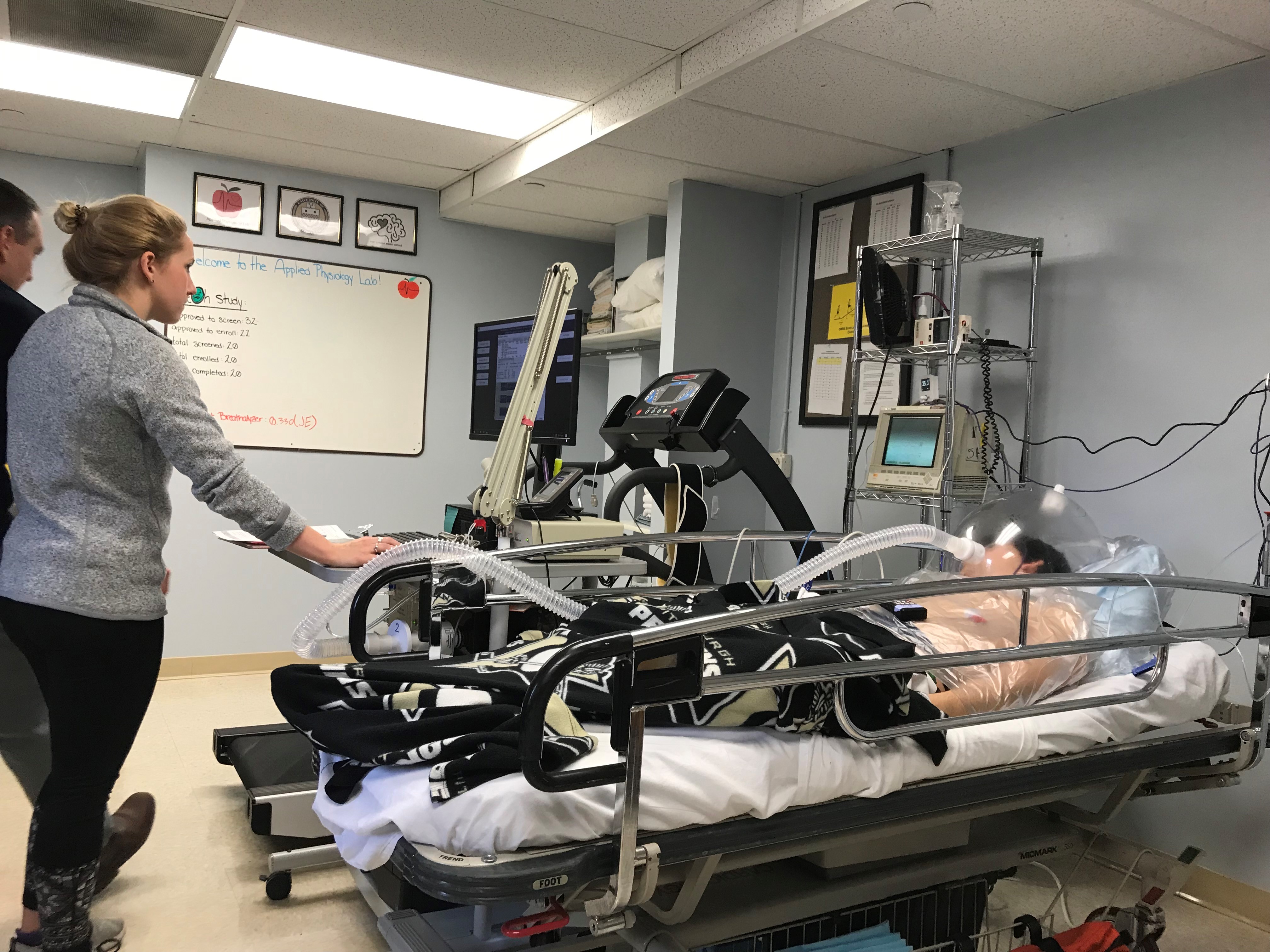
Developing new knowledge to improve emergency care is a core mission of the Department. This effort results in many different types of research on many different topics.
Trauma and Injury
Injuries are a major reason for visits to an emergency department. These can result in immediate threat to life, long-term disability, reduced function, and reduced participation. Understanding better ways to stabilize, treat, and support persons who have an acute injury is a cornerstone of emergency medicine.
Emergency medical services (EMS)
The care and transport of patients outside of the hospital is the responsibility of tens of thousands of professionals in over 2000 EMS agencies and even more first responder systems across the US. EMS is one pillar of public health. EMS is a key asset in the resilience of the public to natural or other disasters. EMS is on the frontline of emergency care for all conditions and is the first point of entry for many patients to emergency departments. We study how to optimally design and deploy EMS agencies, how clinical interventions can best impact patient outcomes, and how EMS personnel can optimally interface as part of integrated health care delivery systems.
Laboratory Studies
New therapies and new understanding of physiology begin in our laboratories. Clinical lab investigations include first-in-human studies, performance studies and studies of provider wellness. Preclinical lab studies include testing of new resuscitation strategies, new drugs and new devices.
Cardiopulmonary Resuscitation (CPR) and Post-CPR Care
We study the resuscitation and management of patients who require cardiopulmonary resuscitation (CPR). Mortality is most often related to brain injury or multiple organ failure.We test strategies that may improve CPR outcomes. We study the physiological changes that occur after cardiac arrest to design better care pathways.
Publications
See a list of publications from Emergency Medicine faculty.